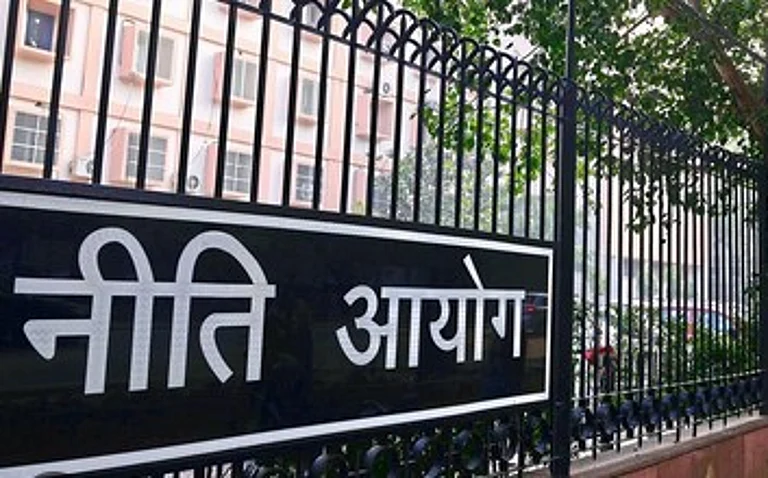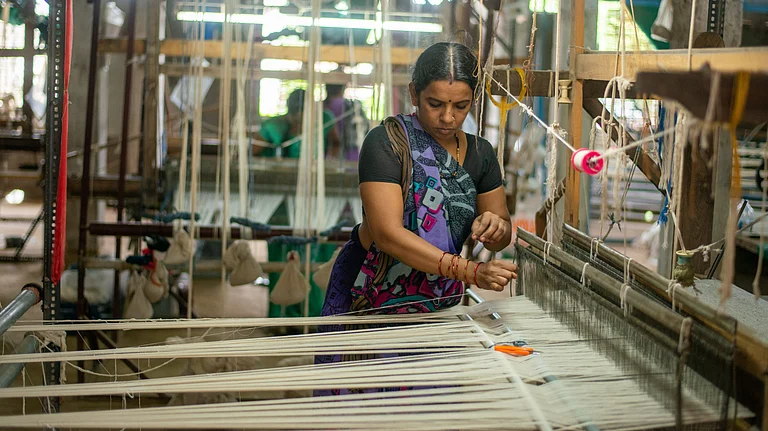The Small Industries Development Bank of India (Sidbi) has urged the implementation of sector-specific policy interventions to close the credit gap in the micro, small and medium enterprises (MSME) sector, also emphasising the role of digital lending in tackling this issue.
The May 2025 report titled Understanding Indian MSME Sector: Progress Challenges, published by Sidbi, said that the sector has credit gap Rs 30 lakh crore, with the gap being higher for services sector and women-owned MSMEs.
The report also highlighted that sectors like readymade garments (RMG), grocery retailers, food processing and IT/ITeS have a higher credit gap and they need sector specific policy interventions.
For the report, Sidbi covered 2,097 MSMEs in 19 sectors, including manufacturing, service and trading domains, across India.
Informal Borrowing Still High
The report also indicated the high degree of borrowing from informal sources by micro enterprises, which is at 12% compared with small and medium enterprises at 3% and 2%, respectively.
18% of the MSME respondents have availed digital lending platforms. However, there is a large emerging opportunity in the MSME digital lending space as 90% of the survey respondents have reported accepting digital payments, reflecting progress in digitalisation. with 35% of the survey respondents remaining unregistered, reflecting lack of awareness and fear of scrutiny.
While Indian MSMEs have seen remarkable resilience since 2021 (post-Covid times), with a majority of surveyed firms reporting sales growth, improved profit margins, increased hirings, according to a report, Annual Survey of Micro, Small and Medium Enterprises (MSMEs) published by the Indian Council for Research on International Economic Relations (ICRIER). The report identified digitalisation as a key driver of accelerated growth for MSMEs.
Dr Tamal Sarkar, senior advisor at Foundation for MSME Cluster told Forbes India that most of the time MSME entrepreneurs do get loans, but these are personal loans since they are not based in industrial areas. As personal loans are term loans, entrepreneurs end up paying a very high interest rate.
































